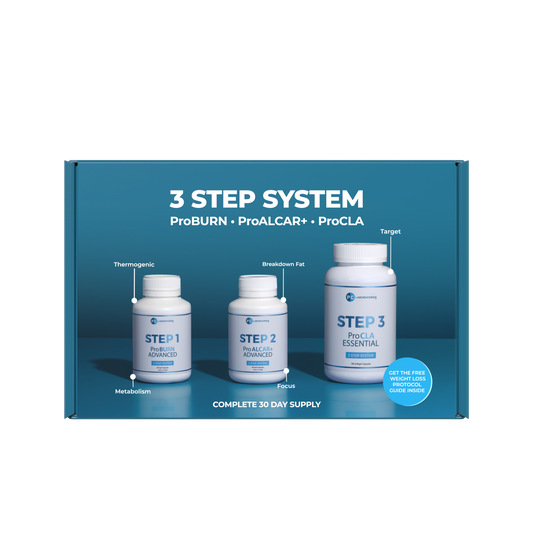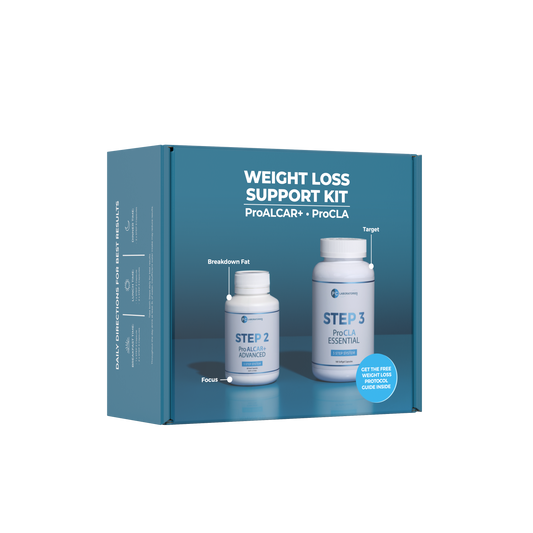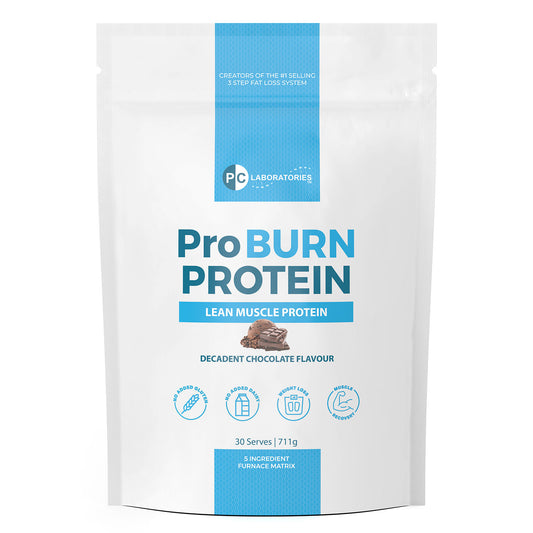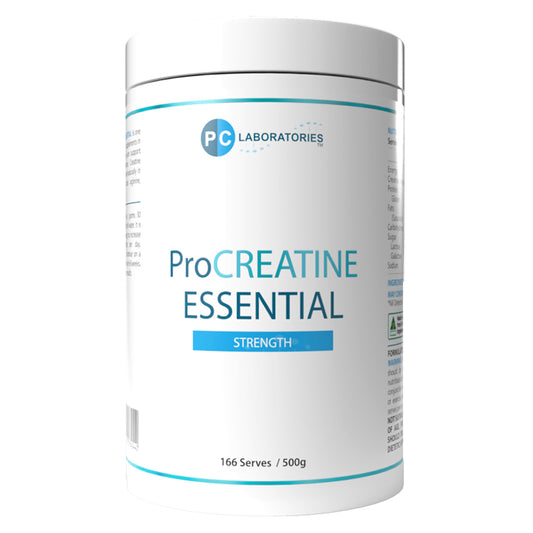Trying to get the most out of your training and look and feel your best? Both creatine and carnitine are popular sports supplements that are known to enhance the effects of a workout. However, they have slightly different uses.
In short, carnitine plays an important role in fat burning, whereas creatine has muscle mass-building properties and can help improve athletic performance.
But let’s take a deeper look at the two and assess which one would be most suitable for you and your fitness journey.
What Is Carnitine? And the Key Benefits
L-Carnitine is an essential amino acid that’s mostly found in skeletal muscle. It helps produce energy by transporting long-chain fatty acids to mitochondria, as well as removing toxic compounds and waste.
Carnitine is naturally consumed through red meat and dairy. In fact, the redder the meat, the higher the carnitine content. Therefore, supplementation may be helpful for vegans and vegetarians to increase muscle concentrations of carnitine.
If you’re trying to lose weight, you may also choose to supplement with carnitine given that it’s been found to burn fat cells and transform them into energy. Other benefits of a carnitine supplement include:
- Improves exercise performance, thanks to the energy available from burning fat after taking carnitine
- Boosts metabolism, due to the increased energy you’ll have during your workouts, which will enhance your performance and increase the number of calories you burn
- Enhances muscle strength and recovery, clearing out the lactic acid that your muscles develop during a workout (alleviating muscle pain and soreness)
- Boosts the immune system, because it’s an effective antioxidant
Take a carnitine supplement in the morning or before your workout for maximum results.
What Is Creatine? And the Key Benefits
Creatine is similar to carnitine in the sense that it’s an amino acid mainly stored in your muscles to be used for energy. It’s naturally present in other areas of your body too, such as your kidneys, liver and pancreas.
Just like carnitine, creatine can be consumed through a diet that includes meat and fish. This means that vegetarians and vegans will have a lower resting creatine concentration.
The main benefit of supplementing with creatine for fitness purposes is that you can improve your strength and exercise performance so you can train harder for longer.
Creatine supplements also increase the size of your muscles by increasing their water content. This stimulates the production of growth hormones and new proteins, causing your lean muscle mass to develop.
Other benefits of taking creatine include:
- Prevents injury and helps your body to recover faster from injuries
- Enhances your brain health and improves cognitive performance
- There are antioxidant effects that remove superoxide anion radicals and peroxynitrite radicals
Note that a creatine supplement tends to degrade the moment you mix it with water. Mix it with a beverage that has a high glycemic index instead, such as grape juice.
Creatine Vs Carnitine
To sum up, carnitine encourages fat loss, optimises energy and fuels muscle performance, so it’s often used by people who want to lose weight and gain muscle mass simultaneously.
Creatine, on the other hand, produces energy at a faster rate and increases body mass, meaning it’s more suitable for people who want to bulk up.
It all depends on your goals as to which supplement suits you best. There’s also no harm in combining creatine and carnitine.
That said, if you’re sold on creatine, try our ProCreatine Essential supplement that offers you optimal muscle-developing support so you can up the ante during every single workout.








